Niko Carino vividly remembers growing up in a relatively unbeknownst suburb in the east side of Toronto named Scarborough in the late ‘80s and early ‘90s. At the time, basketball was just a niche sport in Canada. Yet, in the Carino household, basketball was everything.
A first-generation Canadian whose parents migrated from the Philippines, Niko grew up around hoops ever since he could remember.
“Filipinos in general, we love basketball. That’s what I was exposed to very young. I got okay at playing. I played in the OBA—it’s almost like AAU but a Canadian version. I played for an organization called the Scarborough Blues, which made a lot of basketball players that play in the NBA right now—whether it be Corey Joseph, Kellly Olynyk.” Niko says. “My dad played college ball in the Phillipines and then when he came in the ‘70s to Toronto, he kind of found his love again for the game in these small adult leagues. He would bring me with him and that’s kind of how I fell in love with the game.”
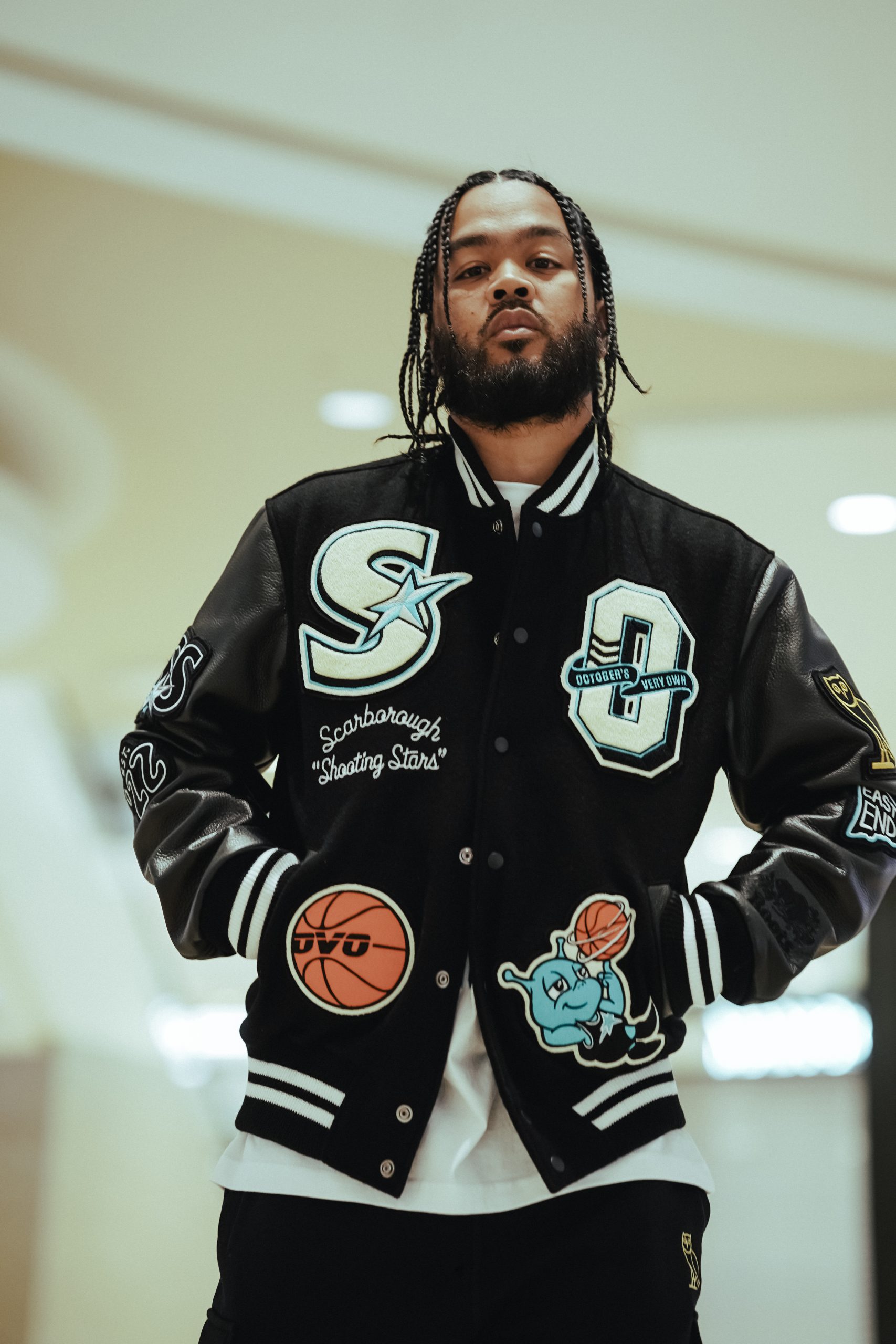
Eventually, the Toronto Raptors arrived to town, and Niko says he still recalls attending the franchise’s first ever youth camp. Like with most hoopers, though, he eventually came to the realization that it wouldn’t be something he’d pursue professionally. As fate would have it, it was the music industry he’d enter, helping his close friend Drake became a global icon.
Nonetheless, Niko still found ways to keep himself around the game. He launched OVO Bounce, a local summer pro-am tournament that drew NBA stars from across the border. OVO Bounce blew up and became a summer hoops staple. For Niko, though, this was only the beginning of his journey with the sport.
As his name and reputation grew—known for being Drake’s right-hand man since Day 1 as co-founder of OVO and for helping push hoops in Canada via his OVO Bounce tourney—he says he was eventually approached by the Canadian Elite Basketball League post-pandemic about helping establish a new professional team in Toronto.
His initial response was that he’d only be interested if the team would be based in his hometown of Scarborough instead. As expected, his response raised some eyebrows at first but the league ultimately agreed and the Scarborough Shooting Stars were soon born, with Niko serving as co-owner.
“I gotta shout out the commissioner, Mike Morreale, because initially when I brough that up, everyone was just like, Why? Why are we doing Scarborough? Scarborough is a small suburb, and they wanted obviously a Toronto team because it’s a bigger market and to capitalize off that. But my heart wouldn’t be in it if the team wasn’t in Scarborough. I’m passionate in what raised me… [Marreale] was like, there’s this guy that’s just as passionate about Scarborough as you are. I’m like, Yeah? Who is it? And that’s how I met Sam [Ibrahim]—he’s one of our partners that contributes greatly to this organization.”
The Shooting Stars essentially serve two purposes: a culture of community and culture of winning. While the Raptors have become a global brand, and do in fact stay active in the community, their demanding schedules and off court obligations in many ways limit how accessible players can be to the community. That’s where the Shooting Stars come in. Niko says the goal has been to host some type of community event every week during the season—whether it be camps, clinics, or meet-and-greets. And that doesn’t just apply to the players, he’s applied that same responsibility of accessibility to himself as well.
“When we made this team, I wanted to make it about the youth. For the kid that couldn’t afford tickets to the Raptors. I didn’t ever go to a Raptors game until I was probably 18 years old. The Shooting Stars is one of those things where it’s accessible,” he says. “Let’s reach out to all the youth basketball programs and high schools, and give them tickets. Doing camps and having them meet the players and meeting me. And going through a full day of what it’s like to be a professional basketball player. Just trying to find a way to inspire kids… I’m just trying to stay as connected as a I can with them and be personable with them. We’re not unreachable. I want Scarborough Shooting Stars to not be unreachable. You can reach out, you can shake hands. Us being a community team, we can do that.”
The CEBL, which launched in 2019, is comprised of 10 teams across Canada that play about 20 regular season games and a single-game elimination playoff structure, where after the quarterfinals being played at home, the semis and title games are played at a rotating neutral site (last year was in Vancouver, this year will be in Montreal) during a championship weekend. The league, which goes from May to August, has unique rules that aim to prioritize local Canadian talent. For example, only 4 imports are allowed on each team—3 of them being Americans and the other being an international player from anywhere else. The rest of the roster is all Canadian hoopers. The league also requires for two Canadians on each team to be on the court at all times. If a team doesn’t follow that rule, it’s an automatic technical foul.
The way the season is structured does bring some challenges, of course. The roster is made up of guys that play professionally in the EuroLeague and other top divisions across the globe, as well as NBA G League and Sumer League regulars. Some of the players on the roster in previous years included Jalen Harris, Isaiah Mike, Cam Chatman, Kasssius Robertson, Kyle Alexander, Cat Barber, Kalif Young…and Grammy-winner J. Cole.
But with high-level talent comes obstacles. Some of the players arrive late if their season overseas goes deep into the playoffs, some have to leave early if their respective overseas teams start early, and some have even gotten invited to NBA Summer League in the middle of the CEBL season. It creates a roster puzzle that Niko and his staff have to constantly navigate through with precision, forecasting which players they might lose or start without and coming up with contingency plans. To Niko, navigating through the roster shuffles just means that his guys are experiencing upward mobility in their careers and that the Shooter Stars are playing a role in their development.
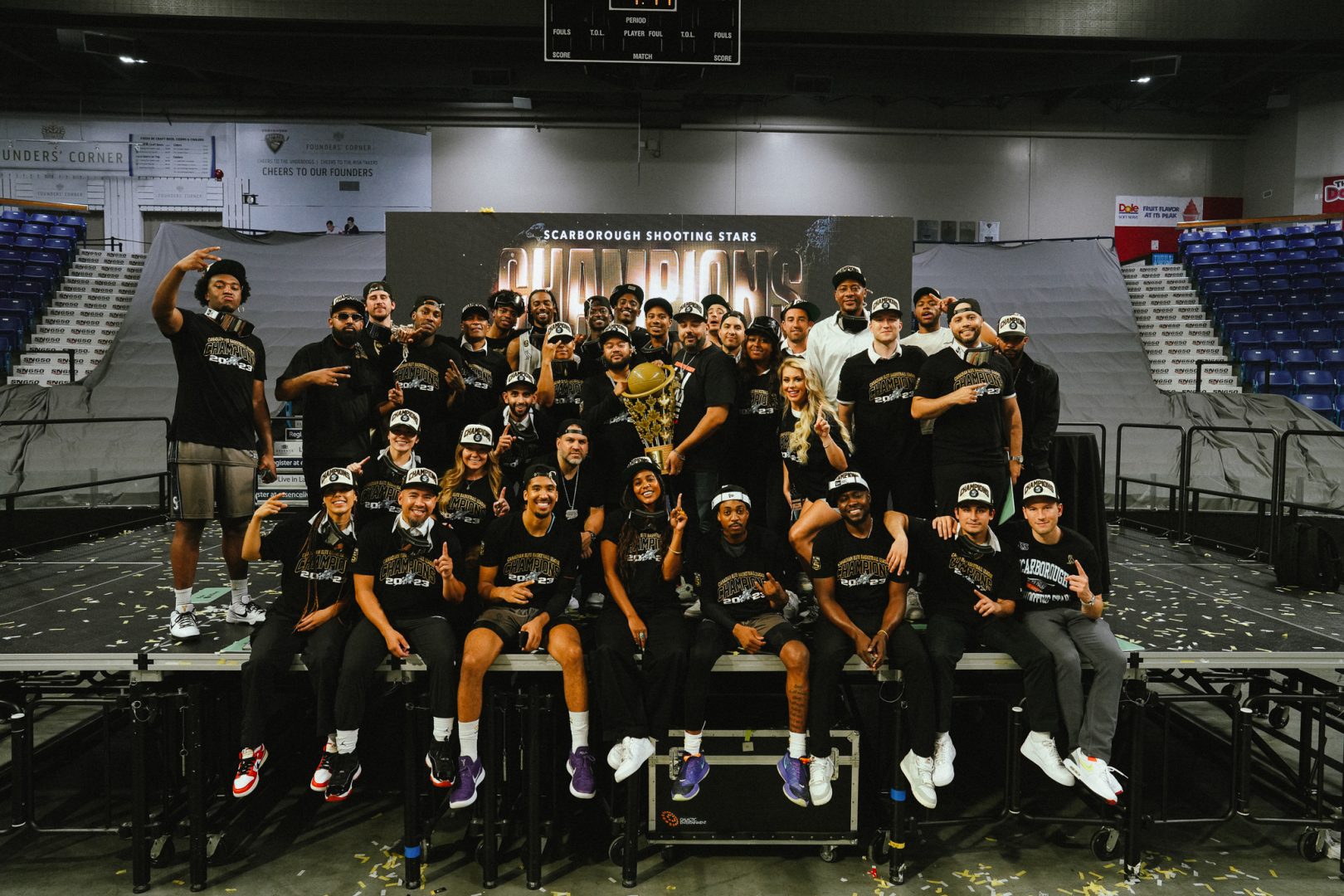
On the court, though, those challenges haven’t affected the team’s success at all. In just two years of existence, the team made it to the championship game in their first year and won it all last year. The early success is of no surprise to Niko, whose ultra-competitive nature helped establish an expectation of claiming the top spot from the very beginning. He knew that the team would automatically have much more eyeballs and pressure on them (and naturally haters, too) than any other team in the league due to their affiliation with OVO and Drake.
Whether being in the studio with The Boy, or on tour across the globe, or in business meetings talking strategy around the most-streamed male artist ever, it all prepared Niko for this very moment.
“I learned from Drake a lot in terms of, he’s involved in everything of his creation—whether it’s concepts for his music videos, the beat production, writing, hooks, whatever the case may be, he’s involved in everything. And that’s what I did with this. On a regular day, I’m going to training camp, I’m watching film with the guys, I’m going to coaches’ meetings—I’m just learning and soaking it all in, and contributing with anything I can,” he says. “I just wanted to win or lose at my own merit, and I didn’t it want for it to be a thing where it didn’t work out but I was right. So, I wanted to be as involved as possible, so if I lost, it was on my own merit.”
“The expectations are high. We’re repping a big city. We’re repping the east side of Toronto We’re repping OVO. We’re repping Drake. There’s a lot at stake here. I think that’s something I don’t take lightly. I want to be competitive here. I learned a lot from Drake, you can’t settle, you can’t be content. We cannot not have a successful season. We have to continue to find ways to stay on top somehow.”
Beyond the wins and losses, the Xs and Os, and the championships, Niko’s story is a very relatable to the natural human experience. One that ultimately revolves around finding your true purpose and calling in life, living out your passion not just yourself but also ideally while pulling up those around you. It’s been quite the full circle moment for the Scarborough native.
“Growing up, I wanted to be the starting point guard for the Raptors. But, obviously, being Filipino, I didn’t really grow much,” Niko says with a laugh. “I didn’t really know what [else] I wanted to be. I went to college for one year before Drake kind of snatched me and brought me on the road. I went to college to be a social worker. So, I always wanted to inspire and help the youth, troubled kids. I don’t want to say I was a troubled kid, but I wandered. I didn’t know what I wanted to do. I always felt stuck. I never thought I could be a sports team owner, working in sports professionally. Now, I just want to inspire those that look like me.
“It was tough, in terms of that feeling of being stuck—it’s a scary thing. That feeling of helplessness. Like, what’s next? Waking up every morning and being, like, Yo, what’s next? What am I going to do? Like, I don’t know what I’m going to do. There’s life after that. As long as you keep at it, good things will happen for you.”
Photo credit: PlaceNEW.
Niko Carino, aka OVO Niko, Has Emerged Into a Successful Pro Team Owner After Transitioning From the Music Industry SLAM.




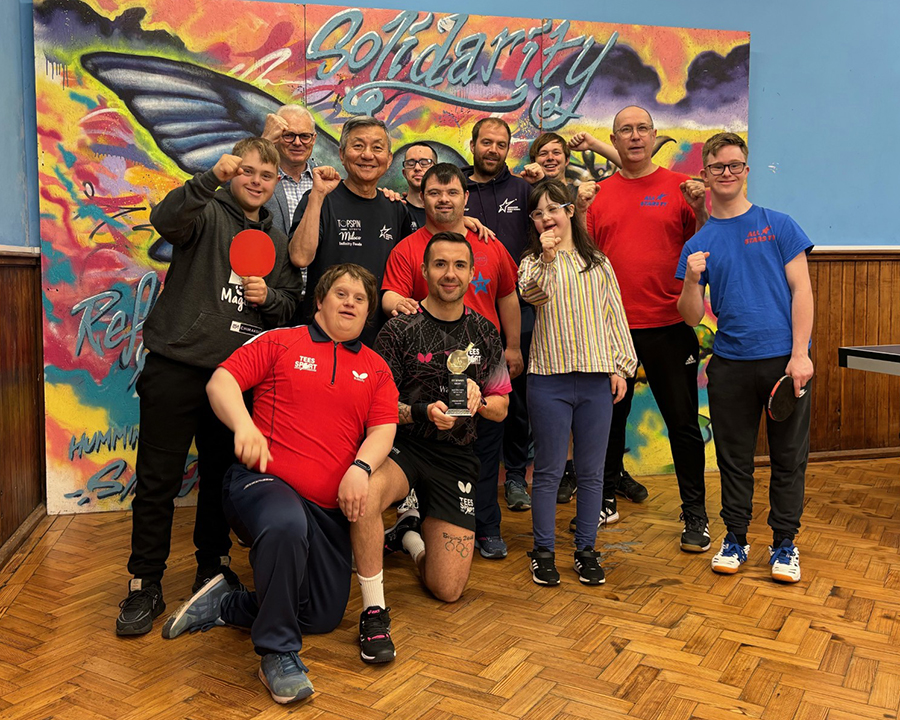
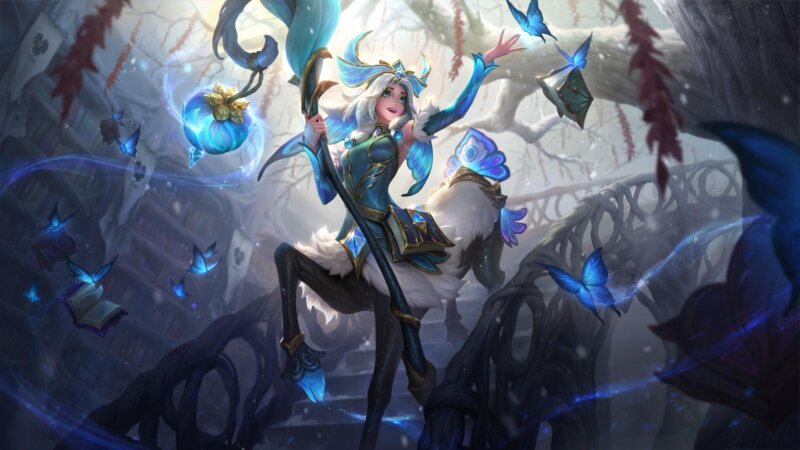
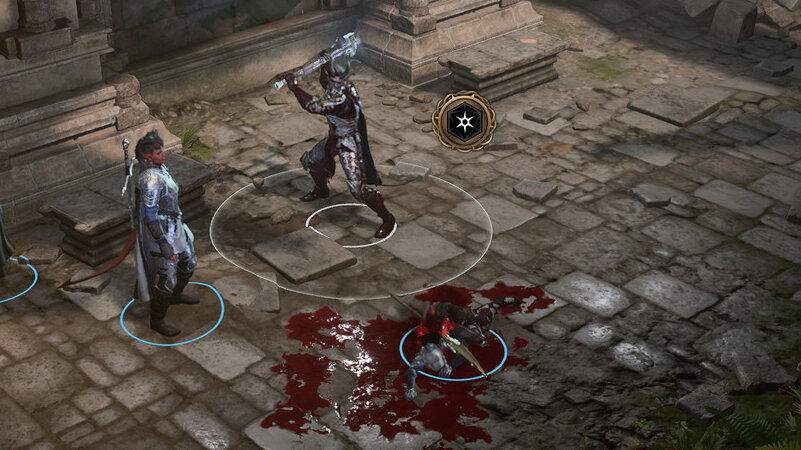
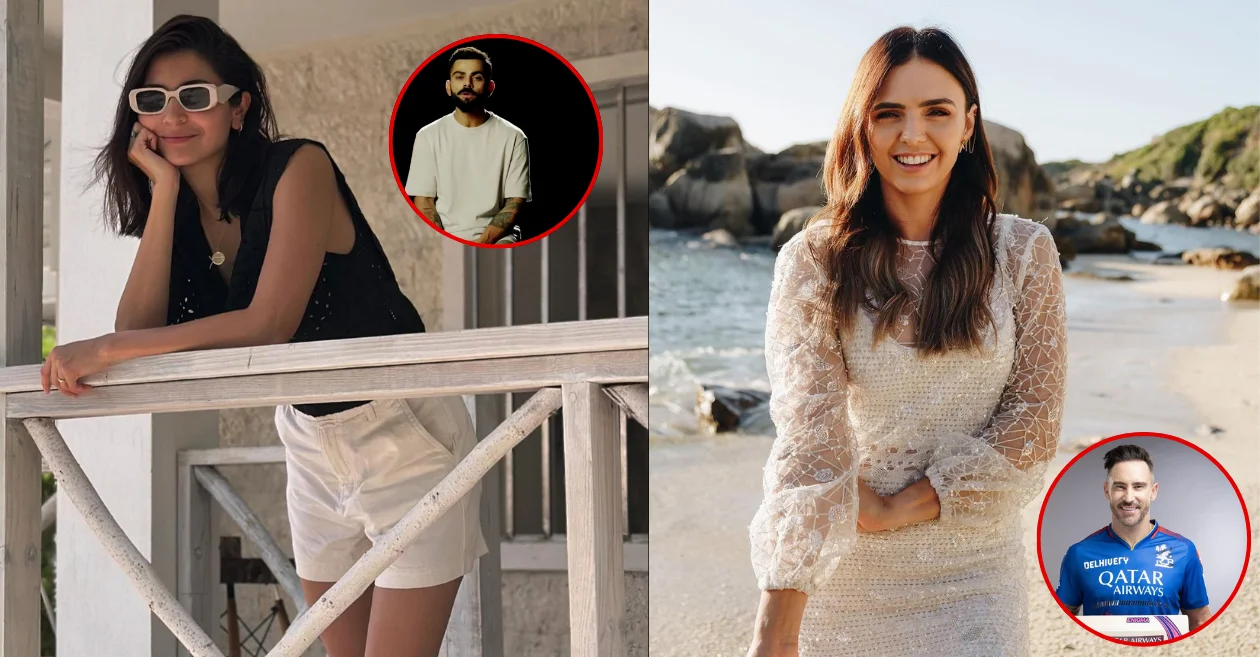










You must be logged in to post a comment Login